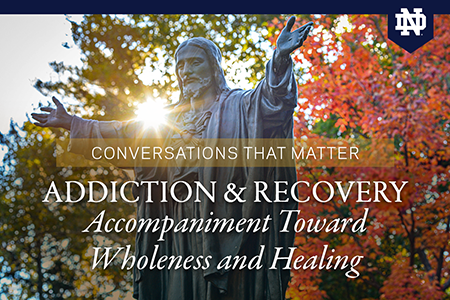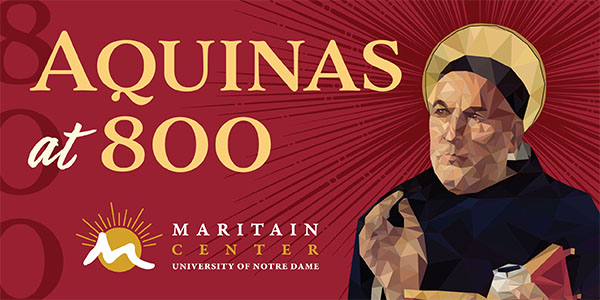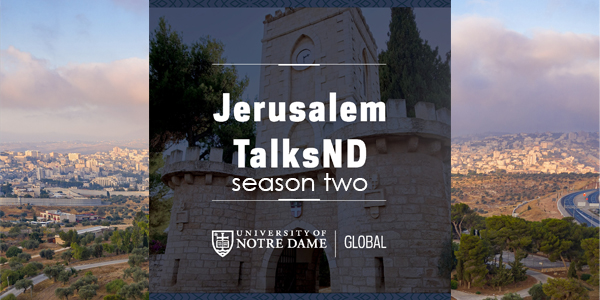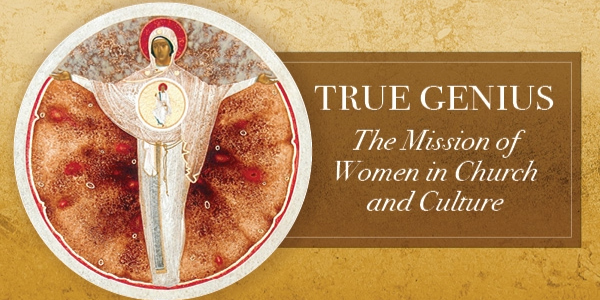In a compelling conversation titled “Conversations That Matter: Addiction and Recovery, Accompaniment Toward Wholeness and Healing,” a panel of experts including Scott Weeman, Jessica Keating Floyd, Fr. Sean Kilcawley, Dr. Amy Ricke, and Beth Hlabse dissected the complexities of addiction.
Fr. Sean Kilcawley initiated the dialogue with a candid reflection on his background. He highlighted the shroud of silence that often surrounds the topic of addiction within communities, especially as it pertains to shame and sexuality. Emphasizing the need for open discourse and other opportunities within parishes and faith communities to grow in understanding about addiction, codependency, and the dysfunctions within families, Fr. Kilcawley addressed the essential role of parishes as safe havens where people grappling with addiction can seek support. He advocated for programs like Catholic and Recovery to bolster Catholics on their journey to recovery.
Complementing this perspective, Beth Hlabse spoke to the necessity of drawing upon resources from both the faith community and the domains of psychology and neuroscience to foster healing. Her approach underscored the complexity of addiction and the invaluable role that supportive relationships and spiritual tools play in the process. Hlabse acknowledged the multifarious factors contributing to addiction, such as genetics, environmental influences, and mental illness, underlining the delicate vulnerability of individuals coping with such challenges.
Scott Weeman, founder of Catholic in Recovery, shared his conviction about the transformative power of humility in the healing process. He stressed the significance of engaging in challenging conversations and the act of storytelling, where exchanging experiences of strength and hope emerge as powerful mechanisms for support. Weeman vividly presented the transition from a state of victimhood to accepting responsibility in recovery, suggesting a shift from a fearful dependence to embracing spiritual resources and investing in nurturing relationships.
Dr. Amy Ricke, elaborating on the nature of addiction, substantiated it as a brain-based illness. She made a powerful case for non-judgmental support and highlighted the importance of understanding the brain’s reward system in the recovery equation. Dr. Ricke’s scientific insight was a poignant reminder of addiction’s grip on the brain and its effects on behavior and free will.
In wrapping up the dialogue, Dr. Ricke, Fr. Kilcawley, and Weeman discussed the vital nature of empathy, hope, and addressing the shame and isolation experienced by individuals battling addiction. Fr. Kilcawley, in particular, advocated for a gospel-centered way of addressing unmet needs rather than just focusing on the consequences of addiction. Weeman echoed this sentiment, encouraging robust and open conversations on challenging topics like pornography, eradicating the stigma and fear that have traditionally kept these discussions at bay.
Listeners to this conversation were left with a call to action: to engage in these difficult conversations within their communities, to provide non-judgmental support, and to recognize the intrinsic human dignity of all individuals, especially those on the path to recovery. The episode underlined the need for a collective effort in transforming how addiction is addressed—moving towards a narrative of hope, healing, and wholeness bolstered by faith and community support.




